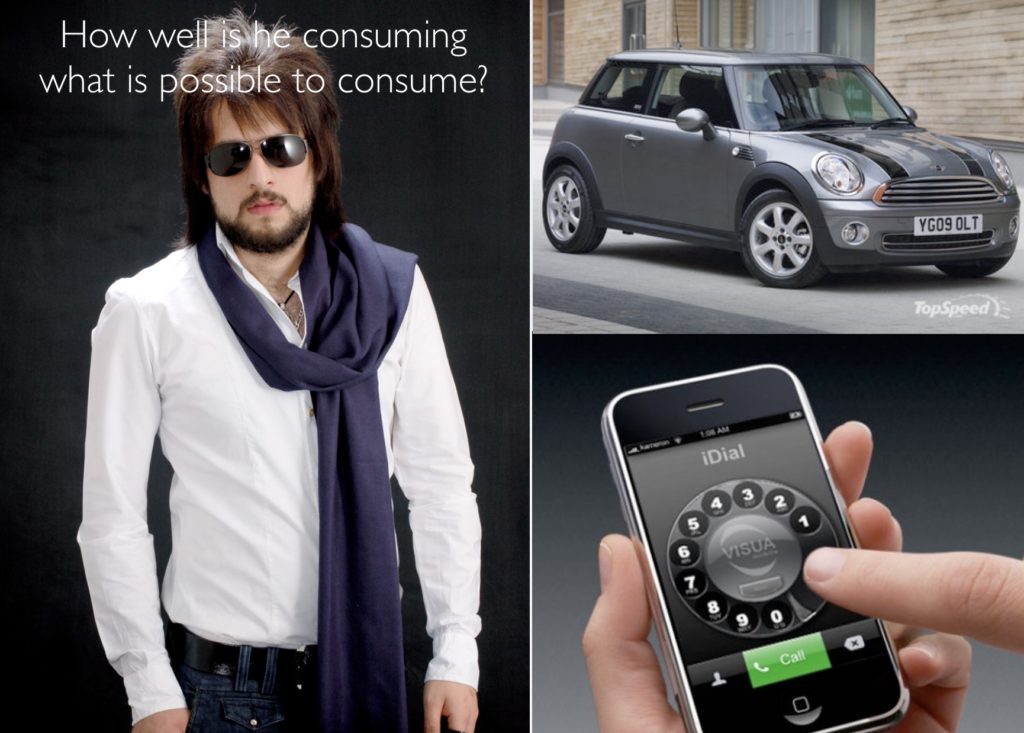Consumption Agency is a speculative design project aimed at imagining what communism inside capitalism would look like. Roughly speaking, the business model is a combination of an advertising agency with a bank. Why so? Currently, goods and services are pushed to consumers, who have to choose and pay for each offer. Banks help consumers in paying through credit. Banks, therefore, know what consumers are actually consuming, but this data is not shared with advertising agencies. These agencies must do quite some guesswork when pushing something new to the market. However, the one who was to pay for the uncertainty in both business models is the consumer, mainly through interest rates and attention-stealing.

The Consumption Agency eliminates uncertainty by simply inverting the value chain. Instead of siding with the producer to maximize offers, the Agency sides with the consumer to maximize demand. The Agency takes responsibility for providing all the consumption needs of its members. In turn, consumers compromise 80% of their net salaries with the Agency. The consumer owns nothing, as everything is provided through consumption services or temporary use services. On the other hand, the consumer does not have to worry about livelihood. All the consumer needs to do is to choose among a limited set of services for each activity that s/he wants to take part.
Livelihood is guaranteed, yet at different levels. What consumers can afford to consume depends on their consumption habits. If they consume properly, they can consume more and better services. Proper is defined through a peer-rating system in which members rate each other based on the consumption situation. For example, if a member thinks his peer throws recyclable trash at the wrong bin, s/he can give a low rating to the peer. Conversely, if the peer shares the services provided by the Consumption Agency, s/he may get a good rating. Receiving high rates enables the members to reach new livelihood levels, even if the compromised salary does not go up. The standard of living can be higher or lower than what the salary would afford outside the Consumption Agency.

The Consumption Agency is always bargaining with service providers to get the best prices available in the market. Since it collects data about members’ consumption habits, the Agency can predict demand in advance with good precision. The resources for providing services can be produced on-demand, right at the time when they are needed, with minimal storage and logistic needs. Waste is almost eliminated.
Consumers can see the impact of their consumption habits on the planet through an analytics dashboard interface. The key metric is the Return On Consumption (ROC), a proper alternative to the Return On Investment (ROI) that takes into consideration the consumption points earned through peer-rating in relation to the money spent from the compromised salary.

By looking at the data, the consumer can reflect and change her or his consumption habits. So can the Consumption Agency. The collected data is used for curbing members into special offers, following strategic long-term plans of the Agency, which includes lowering the overall carbon footprint and normalizing members’ livelihoods despite any income inequality.
The project’s website included wikis for the business plan and the ‘Peopleing Manifest’, a document that stated the company’s vision to work with people and not with markets. The business plan describes how the company aimed to invert the flow of goods—starting from consumption instead of production—by transforming products into services and services into products. The Consumption Agency is, in fact, a consumption club, an extrapolated version of the group buying websites that proliferate in Brazil at the time the project went public.
The Consumer Agency project was created by Frederick van Amstel and Rodrigo Gonzatto in 2010 and analyzed in an article about the ideology of design fiction in 2013.
References
Gonzatto, R.F; Amstel, F.M.C.van; Merkle, L.E; Hartmann, T. 2013. The ideology of the future in design fictions. Digital Creativity. Vol. 24 (1). https://doi.org/10.1080/14626268.2013.772524